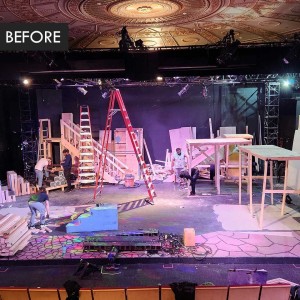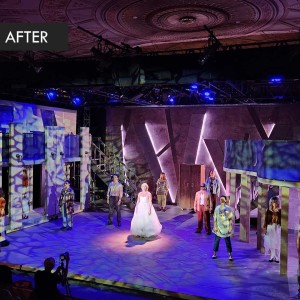Announcing Spur Local’s 2025 Nonprofit Class
Spur Local (formerly the Catalogue for Philanthropy) is excited to announce the 143 nonprofits in our 2025 class, our 23rd class of local nonprofits!
This has been a challenging and uncertain year for many. Yet, local nonprofits continue to prove our resilience as a region. This year, Spur Local received a record number of nonprofit applications to join our network. We know the need for community is high.
The 143 organizations in our 2025 class were chosen for their critical local impact by some 150 volunteers who live and work in the region, many of whom know these nonprofits as their neighbors. After our volunteer community advocates read their applications, the Spur Local team conducted financial reviews and site visits.
As a Spur Local nonprofit partner, each of them will now have access to capacity-building support to strengthen their organizations, network-building opportunities to foster relationships across our local sector, and professional development resources to grow as nonprofit leaders. Every partner in our network gains this access at no cost for four years.
These nonprofits care for our young and elderly residents, welcome our immigrant newcomers, keep our rivers clean, and support our local artists. You may know several of them as the theater or museum down the street, the people who grow food in the garden around your block, or the nursery where you pick up native plants. The work they do matters now and for our long-term futures. Their stories are powerful and show a vision for our region that is only possible when our communities come together.
We look forward to highlighting their vital work and impact in our flagship print catalog and its digital companion, on our website, and through emails, social media, media partnerships, and more. Today, we invite you to learn about the nonprofits in our 2025 class and join us in celebrating them by giving them a shoutout, donating, volunteering, or finding a different way to engage! We all play a part in making the Greater Washington region, our home, a better place for everyone.
86 of these nonprofits will be featured in Spur Local’s annual print and digital catalog. Add your name to our mailing list to receive a free copy when it is released in November. And save the date to meet these organizations in person at our annual Community Changemakers event on November 5, 2025, at Hook Hall in NW DC.

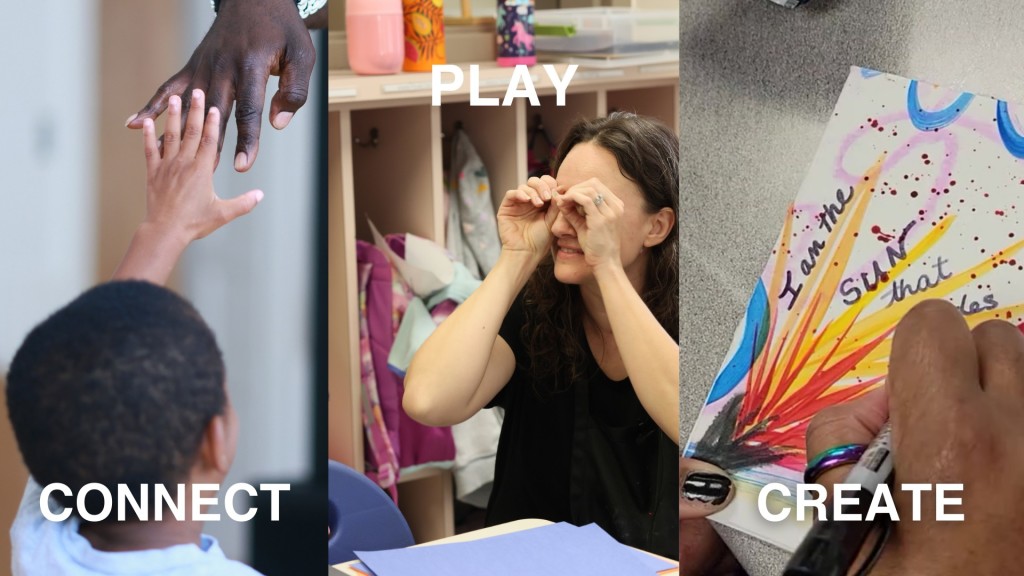
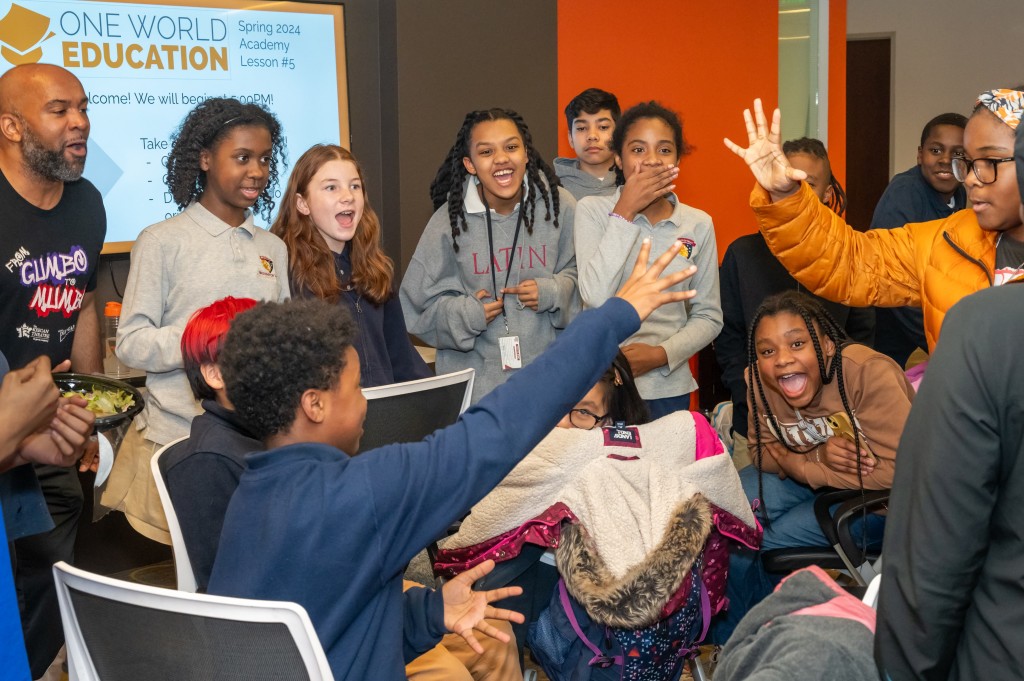
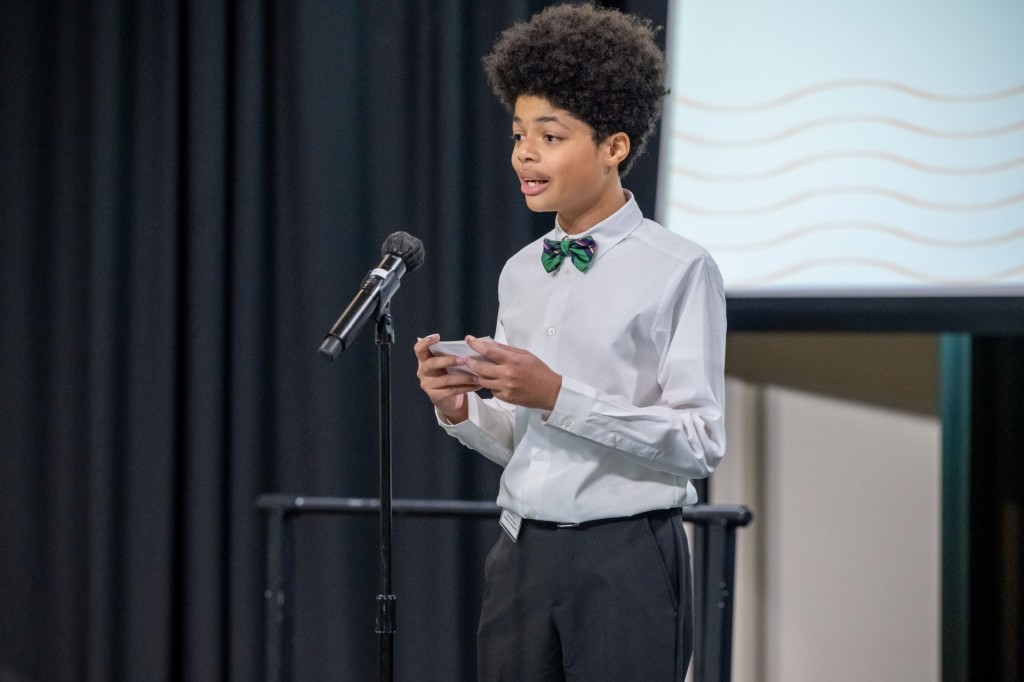


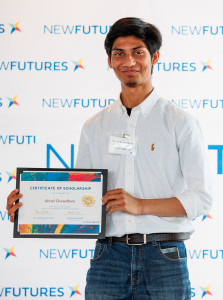
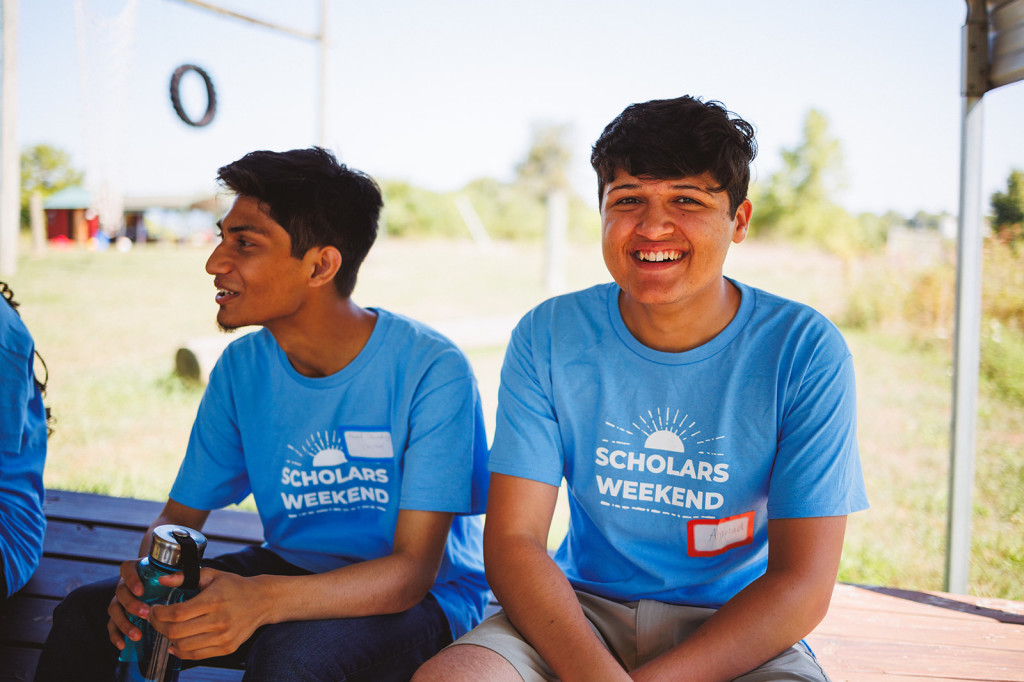

 “I think there is a lot of room for growth and it is an opportunity for me to take interest in other areas of experience,” said Nadia Dennis, another BroadFutures DC intern. During her internship this past summer, she supported various types of project management projects and initiatives at CBRE, a global leader in commercial real estate services and investments, and also a long-time BroadFutures supporter and employer partner. “One thing I have learned so far at my internship is the logistical details of leasing and property management tasks, and I like that because it is not my area of interest or studies… I look forward to taking skills into future workplaces.”
“I think there is a lot of room for growth and it is an opportunity for me to take interest in other areas of experience,” said Nadia Dennis, another BroadFutures DC intern. During her internship this past summer, she supported various types of project management projects and initiatives at CBRE, a global leader in commercial real estate services and investments, and also a long-time BroadFutures supporter and employer partner. “One thing I have learned so far at my internship is the logistical details of leasing and property management tasks, and I like that because it is not my area of interest or studies… I look forward to taking skills into future workplaces.”